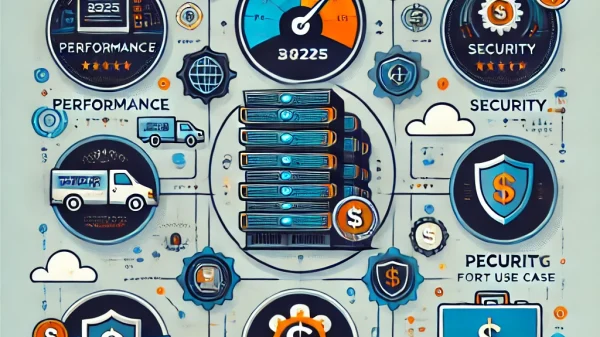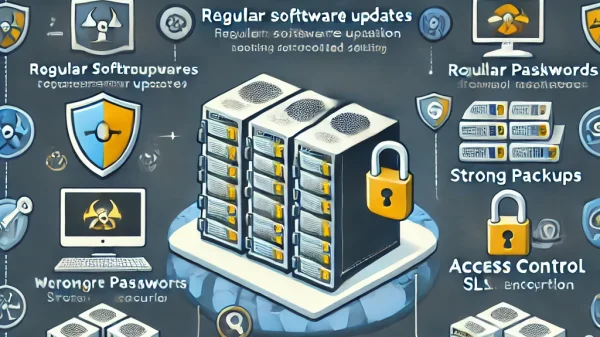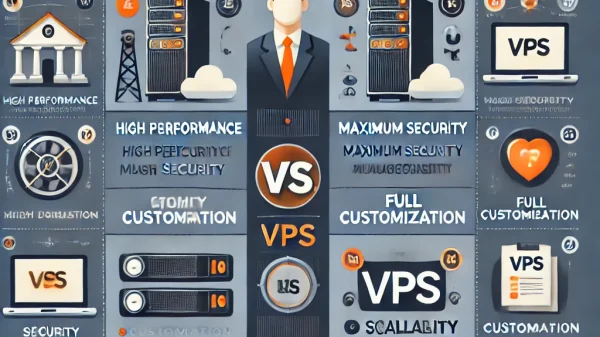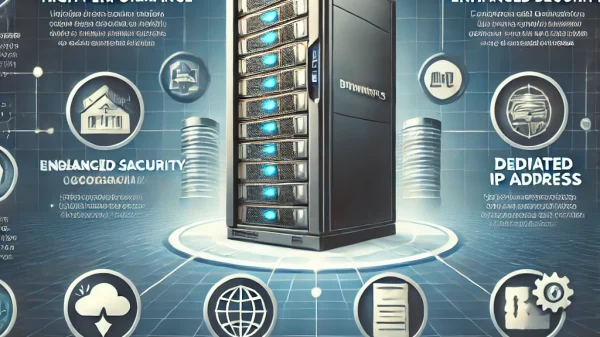In today’s digital landscape, online security is more important than ever. Whether you’re running a small blog or an e-commerce giant, protecting your website and its visitors is crucial. One fundamental aspect of website security is an SSL certificate. But what exactly is an SSL certificate, and why is it so important? This article explores the concept, benefits, and necessity of SSL certificates for websites. .ssl-table { width: 100%; border-collapse: collapse; margin: 20px 0; font-size: 16px; text-align: left; } .ssl-table th, .ssl-table td { border: 1px solid #ddd; padding: 10px; } .ssl-table th { background-color: #0073aa; color: white; font-weight: bold; } .ssl-table tr:nth-child(even) { background-color: #f9f9f9; } .ssl-table tr:hover { background-color: #f1f1f1; }
Understanding SSL Certificates
SSL stands for Secure Sockets Layer, a security protocol that establishes an encrypted connection between a web server and a user’s browser. This encryption ensures that any data exchanged between the two remains private and secure from cyber threats.
An SSL certificate is a digital certificate that authenticates a website’s identity and enables encryption. When a website has an SSL certificate, its URL begins with “https://” instead of “http://”, and users see a padlock icon in the browser’s address bar, signaling a secure connection.
How SSL Certificates Work
- Encryption: SSL encrypts the data exchanged between the website and the visitor’s browser, preventing unauthorized access or interception by hackers.
- Authentication: It verifies the legitimacy of the website, ensuring that users are interacting with a trusted source.
- Data Integrity: SSL certificates prevent data from being altered or corrupted during transmission.
Types of SSL Certificates
SSL certificates come in various types depending on the level of validation and security needs:
- Domain Validation (DV) SSL:
- Verifies domain ownership.
- Offers basic encryption and is ideal for personal blogs or small websites.
- Organization Validation (OV) SSL:
- Requires verification of the business entity.
- Displays company details in the certificate.
- Best suited for small businesses and informational websites.
- Extended Validation (EV) SSL:
- Involves a strict authentication process.
- Displays a green address bar (in some browsers) indicating the highest level of security.
- Recommended for financial institutions and e-commerce websites.
- Wildcard SSL Certificate:
- Secures a domain and its unlimited subdomains.
- Useful for businesses managing multiple subdomains.
- Multi-Domain SSL (MDC):
- Protects multiple domain names under one certificate.
- Ideal for businesses operating several websites.
- Unified Communications Certificate (UCC):
- Designed for Microsoft Exchange and Office Communications servers.
- Ensures security for multiple domains.
Why Does Your Website Need an SSL Certificate?
1. Enhanced Security and Data Protection
Without SSL, sensitive information like login credentials, credit card details, and personal data is transmitted in plain text, making it vulnerable to cybercriminals. SSL encryption ensures that such information remains secure from threats like man-in-the-middle attacks, where hackers intercept data between users and websites.
2. Boosts Customer Trust and Credibility
When visitors see the padlock icon and “https” in the URL, they know the website is secure. An SSL certificate assures users that their data is protected, enhancing trust and credibility, which is crucial for business success.
3. Better SEO Rankings
Google considers SSL certificates a ranking factor. Websites with HTTPS receive preference in search results, leading to higher organic traffic. Without SSL, your site may rank lower, impacting visibility and online presence.
4. Compliance with Regulations
Many data protection laws, such as the General Data Protection Regulation (GDPR) and Payment Card Industry Data Security Standard (PCI DSS), require websites to use SSL encryption, especially when handling user data and online transactions.
5. Secure Online Transactions
For e-commerce businesses, SSL certificates are non-negotiable. Customers will hesitate to enter payment details on an unsecured site. SSL helps secure transactions, protecting both the business and customers from fraud and data breaches.
6. Protection Against Phishing Attacks
Phishing attacks trick users into entering sensitive data on fraudulent websites. An SSL certificate helps users identify legitimate sites, as browsers flag “Not Secure” warnings on non-HTTPS websites, discouraging access to potentially harmful pages.
How to Obtain and Install an SSL Certificate
Step 1: Choose an SSL Provider
Many trusted Certificate Authorities (CAs) offer SSL certificates, including Let’s Encrypt, DigiCert, GlobalSign, and Comodo. Some hosting providers also offer free SSL certificates.
Step 2: Select the Right SSL Type
Choose an SSL certificate based on your website’s requirements. Small websites may opt for free DV SSL, while businesses should consider OV or EV certificates for enhanced security.
Step 3: Generate a Certificate Signing Request (CSR)
A CSR is required to obtain an SSL certificate. It includes information about your domain and organization and can be generated through your hosting provider.
Step 4: Validate Your Domain
Depending on the certificate type, you’ll need to verify domain ownership via email, DNS records, or business documents.
Step 5: Install the SSL Certificate
Once issued, install the SSL certificate on your web server. Many hosting providers offer easy installation through cPanel or other management tools.
Step 6: Update Website Links
Ensure all internal links, images, and scripts use HTTPS instead of HTTP to avoid mixed content issues.
Step 7: Test and Monitor SSL
Use online tools like SSL Labs’ SSL Test to verify proper installation and security strength. Regularly renew your certificate before expiration to maintain security.
Conclusion
An SSL certificate is essential for website security, trust, SEO, and compliance. It protects sensitive data, secures transactions, and enhances credibility. With cyber threats increasing, securing your website with SSL is no longer optional—it’s a necessity. Whether you run a personal blog or a large enterprise, investing in SSL ensures a safer, more trustworthy online experience for your users.
By making the switch to HTTPS, you not only protect your website but also gain a competitive edge in the digital world. If your website hasn’t implemented SSL yet, now is the perfect time to do so!














